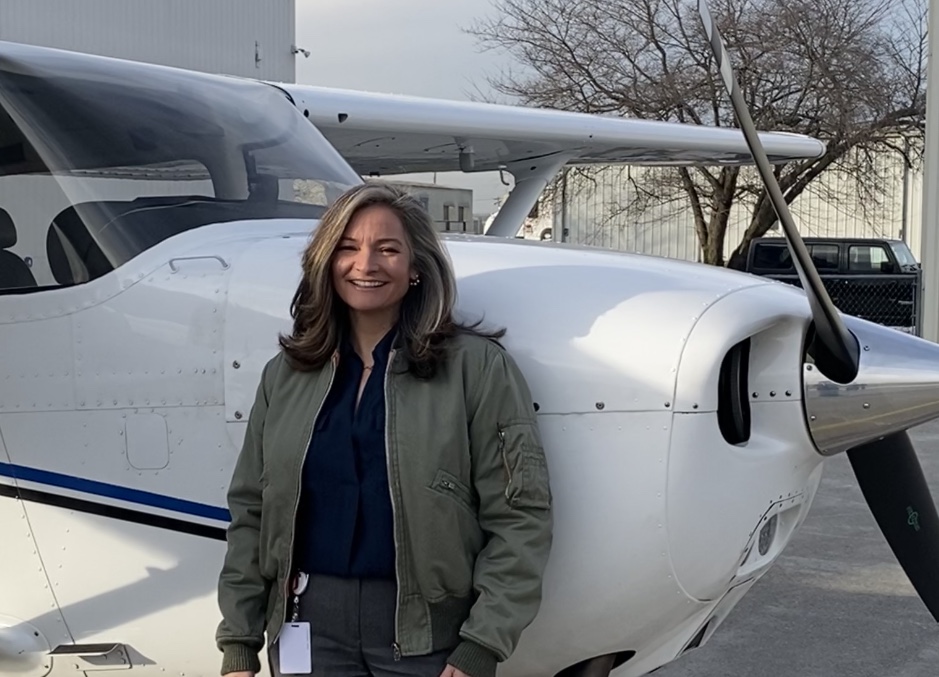-
About
- Close
-
PPS Benefits
- Close
-
Coverage Overview
- Close
- Participants Only
-
Resources
- Close
Thinking ATC has forgotten to hand them off, the pilot checks the enroute charts and finds a new frequency, only to be informed after making contact on the new frequency that ATC had been trying to reach the flight for some time. Meanwhile, in another sector, ATC attempts to handoff a pilot on an IFR flight plan, but the pilot does not acknowledge. ATC broadcasts on guard frequency 121.5, but the pilot still does not acknowledge. AOPA’s Legal Services Plan often hears from pilots in these situations.
Aircraft that cannot or do not communicate by radio are referred to as “NORDO.” When radio communication is required but not initiated or maintained, ATC will file “Mandatory Occurrence Reports” for the NORDO event. FAA inspectors from the local FSDO may then contact the pilots to investigate the occurrences. Some of the occurrences turn out to be pilot error, but when inspectors find upon review of the ATC data that ATC was responsible for the occurrence, they may classify it as an ATC operational error and close the matter.
IFR pilots are required to ensure a continuous watch is maintained on the appropriate frequency per 14 CFR 91.183. When pilots recognize radio failures of a mechanical nature, it is straightforward to apply the procedures specified in 14 CFR 91.185 and in the AIM. However, in situations where there is no apparent equipment failure, the pilot may not know there is an issue for some time.
Situational awareness of where charted airspace boundaries lie may be useful when trying to reestablish communications. Monitoring guard frequency 121.5 as noted in the notes section of sectional charts and in FDC NOTAM 4/4386, if able, also helps in many situations. In addition to its utility in reestablishing lost communications, it can also be helpful when flying VFR near Special Use Airspace when not on Flight Following: ATC will often attempt to contact aircraft who appear to approach Restricted or Prohibited airspace on guard frequency. AIM Chapter 5, Section 6, provides a review of procedures if intercepted.
Pilots who find themselves in an unexpected NORDO situation should consider taking action to mitigate the issue, such as reporting the occurrence on NASA-ASRS. There are numerous benefits to doing this, including availing themselves of the waiver of imposition of sanctions in enforcement cases, and helping to identify deficiencies and discrepancies in the National Aviation System (NAS). At the first hint of an issue, contact the AOPA Legal Services Plan by calling (800) 872-2672, extension 4.
